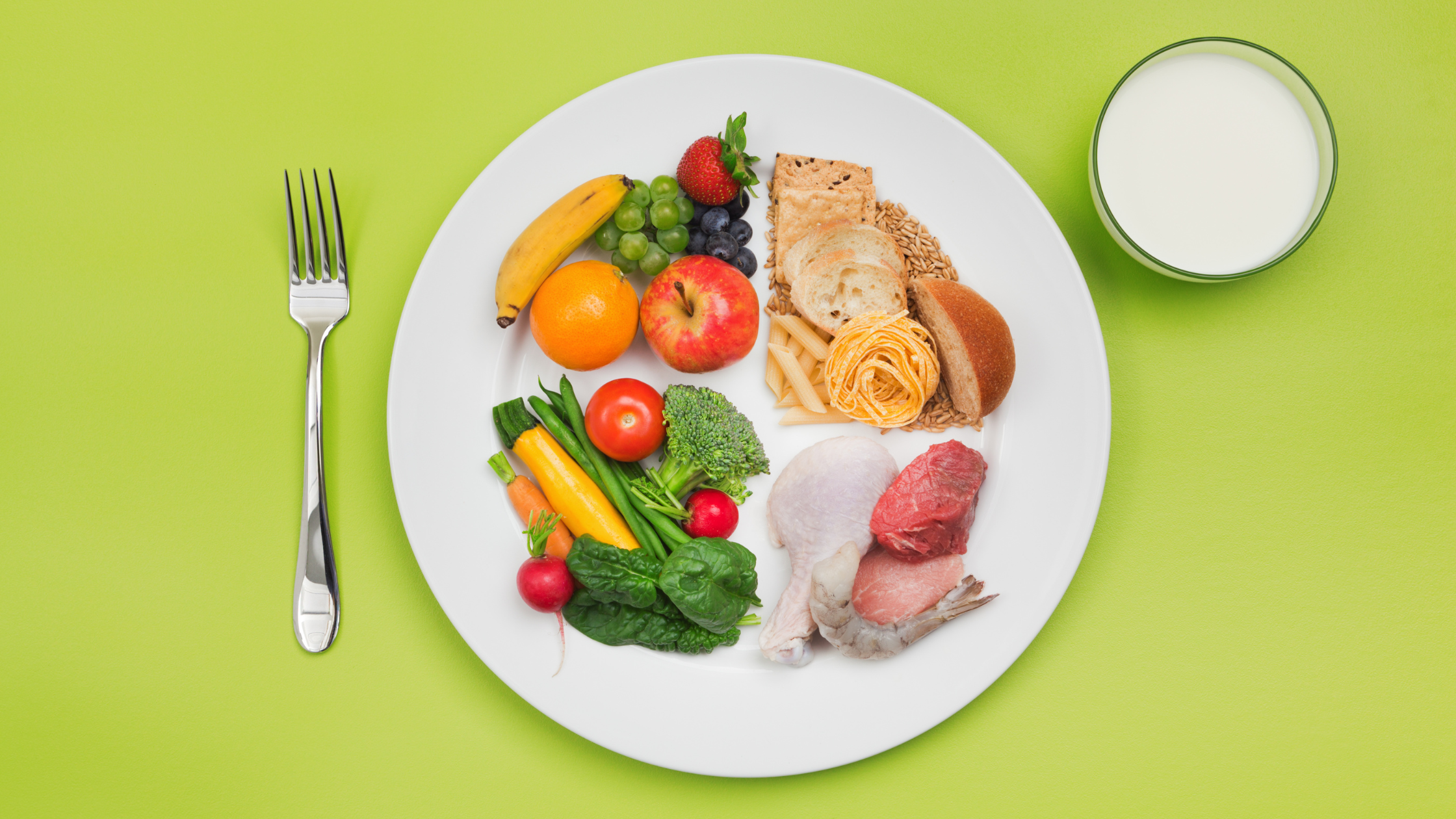Macronutrients Explained: How Carbs, Protein, Fat & Fiber Help Your Body Thrive
When you hear the word macronutrients (or “macros”), you might think of diet apps or rigid food rules. But the truth is, macronutrients aren’t about restriction or tracking every bite—they’re about giving your body what it needs to function at its best. Each macronutrient plays a unique and essential role, and no single one is “good” or “bad.”
Let’s break down the science behind carbohydrates, protein, and fat, highlight the special role of fiber, and explore how all foods fit in supporting your health—without judgment.
What Are Macronutrients?
“Macros” are the nutrients we need in larger amounts compared to micronutrients (like vitamins and minerals). They provide energy (calories) and the building blocks our body uses every single day. The three macronutrients are:
Carbohydrates
Protein
Fat
Instead of focusing on restriction, think of these as team players—each with a different position—that together keep your body running optimally.
Carbohydrates: Your Body’s Primary Energy Source
Carbohydrates are often misunderstood, but they’re the body’s preferred and most efficient fuel source. Once digested, carbs break down into glucose, which powers your brain, muscles, and even the cells of your immune system.
Quick energy: Carbs provide immediate fuel for activities like walking, thinking, and exercising.
Stored energy: When your body has extra, it stores carbs as glycogen in your muscles and liver to use later.
Brain power: Your brain alone uses about 20% of your body’s total energy needs—mostly from glucose.
Fiber: A Special Kind of Carbohydrate
Not all carbohydrates are digested in the same way. Fiber—a type of carbohydrate found in plant foods—isn’t broken down into glucose. Instead, it has its own set of special functions:
Digestive health: Supports regularity and gut microbiome balance.
Satiety: Helps meals feel more satisfying without needing to micromanage portions.
Blood sugar regulation: Slows digestion, preventing sharp spikes and crashes in energy.
Heart health: Certain fibers bind to cholesterol and support cardiovascular health.
Fiber is found in fruits, vegetables, whole grains, beans, lentils, nuts, and seeds—but it doesn’t mean fiberless foods (like white bread or cookies) are “bad.” They still provide energy and enjoyment, both of which are valid needs.
Protein: Building and Repairing
Protein is more than just muscle fuel. It’s involved in almost every process in your body:
Tissue repair and growth: From muscle recovery to healing cuts.
Enzymes and hormones: Many of your body’s chemical messengers are made from proteins.
Immune function: Antibodies are proteins that help fight illness.
Satiety: Protein can help meals feel balanced and sustaining.
Your body needs regular protein from foods like meat, poultry, fish, eggs, dairy, beans, lentils, tofu, and even grains. And yes—snacks or meals without protein still “count” as nourishment. Variety matters more than perfection.
Fat: Essential and Often Underrated
Fat often gets labeled negatively, but it’s absolutely essential for health:
Hormone production: Many reproductive and stress hormones are made from fats.
Brain health: About 60% of your brain is fat! Omega-3s especially support memory and mood.
Nutrient absorption: Vitamins A, D, E, and K need fat to be absorbed.
Cell protection: Every cell membrane in your body is made of fat.
Fat also adds flavor, texture, and satisfaction to meals—making eating more enjoyable and sustainable. Sources include oils, nuts, seeds, avocado, fatty fish, butter, cheese, and yes, even ice cream.
Why Balance Matters (and Why Perfection Isn’t Required)
Each macronutrient contributes something unique, and your body thrives when it has access to all three. Eating disorder recovery and healing your relationship with food often involves unlearning “good” vs. “bad” food rules and recognizing that food is more than fuel—it’s connection, culture, and joy.
Some days you might crave carbs. Other days protein feels grounding. Sometimes comfort foods don’t have much fiber, and that’s okay too. Balance happens over time, not at every single meal.
Key Takeaways
Carbs fuel your body and brain; fiber offers digestive and heart health benefits.
Protein builds, repairs, and supports hormones, enzymes, and immunity.
Fat is essential for hormones, brain function, and nutrient absorption.
All foods fit. You don’t need to eat “perfectly” to nourish your body well.
When you give yourself permission to eat a variety of foods without judgment, you support not just physical health but also mental and emotional well-being.
👉 Gentle reminder: If you’re in recovery or struggling with food rules, working with a registered dietitian can help you rebuild trust in your body and find freedom with food.

